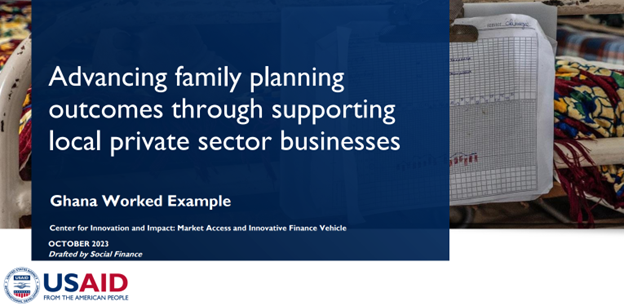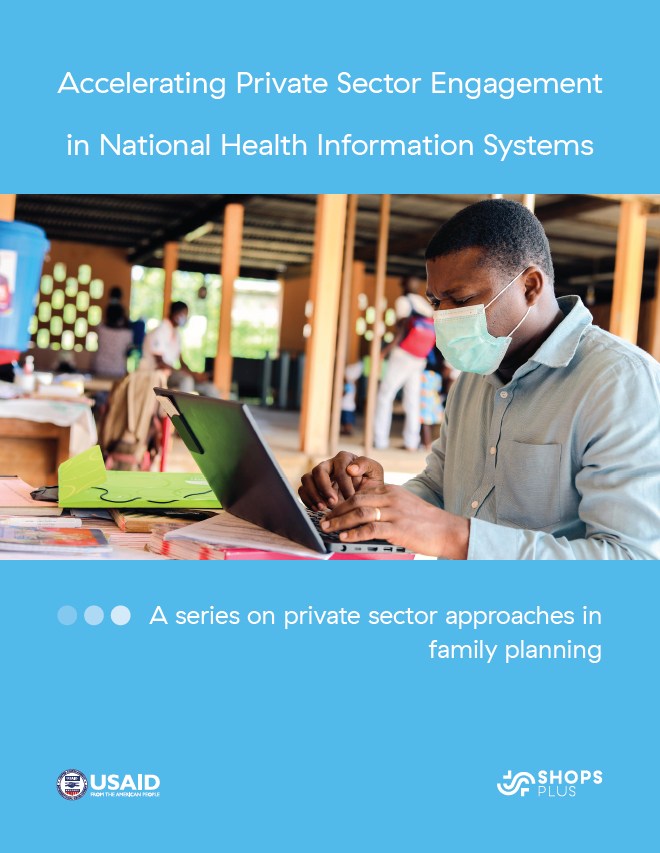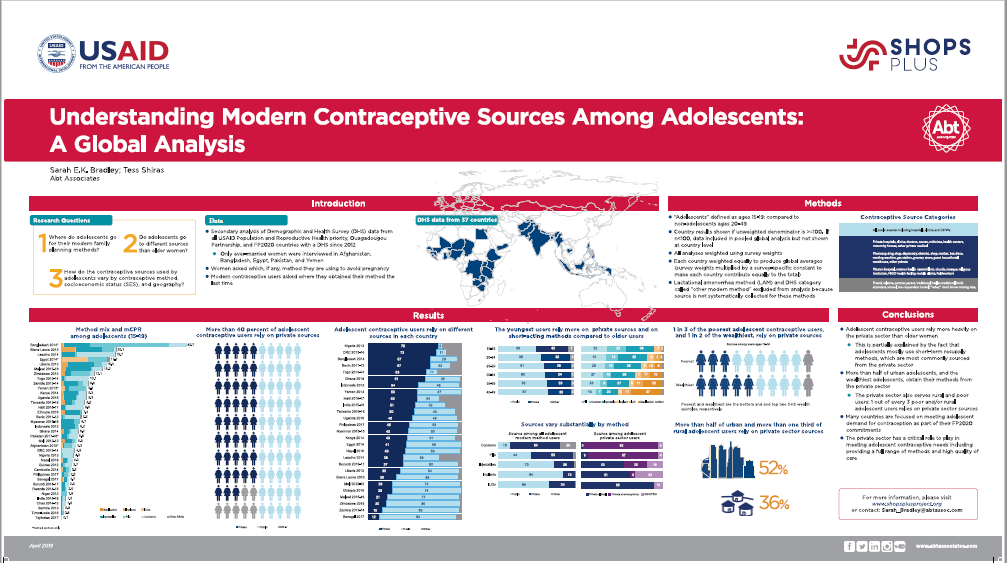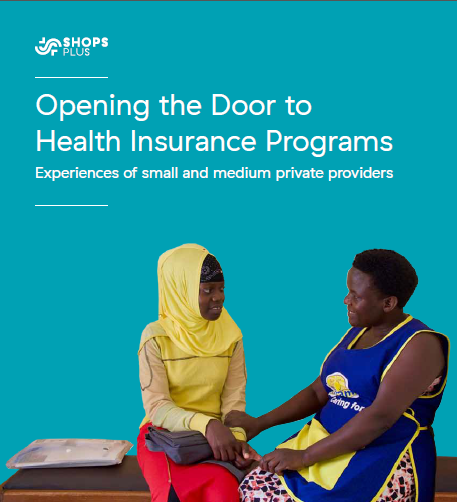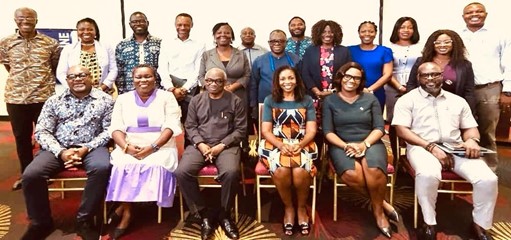
FHM Engage and NHIA Initiate Costing Analysis of Essential Health Services Package in Ghana
On November 5, 2024, FHM Engage, in partnership with the National Health Insurance Authority (NHIA), hosted an inception meeting in Accra to initiate the Costing and Budget Impact Analysis of the Health Preventive and Promotive Benefits Package (HPPBP). Attendees included a technical working group (TWG) comprising representatives from the NHIA, Ghana Health Service (GHS), Christian Health Association of Ghana, the Ministry of Health and specialists in locla health financing and strategy. The meeting achieved technical consensus on the scope, methodology, and work plan for this critical activity.
The Health Promotion and Prevention Benefits Package (HPPBP) is an integral part of Ghana's Essential Health Services Package, featuring 68 preventive and promotive interventions that align with the government's goal of achieving Universal Health Coverage (UHC) by 2030. Currently, these essential services are not included in the National Health Insurance Scheme, which restricts access for many Ghanaians.
Implementing the HPPBP is a national priority, and the ongoing costing analysis aims to provide policymakers with actionable insights by estimating the financial requirements necessary for its implementation. The recent meeting underscored the importance of a practical and transparent approach, laying the groundwork for advancing HPPBP costing, a crucial step toward enhancing access to essential health services across Ghana.

Participants at the Inception meeting for the HPPBP Costing and Budget Impact Analysis, Accra, Nov 2024. Photo credit: NHIA
Recent Highlights
-
Written by : FHM Engage
-
Published on : 20-Nov-24
- Highlight Type : Event
- Country :
- Project : FHM Engage
- Language : English
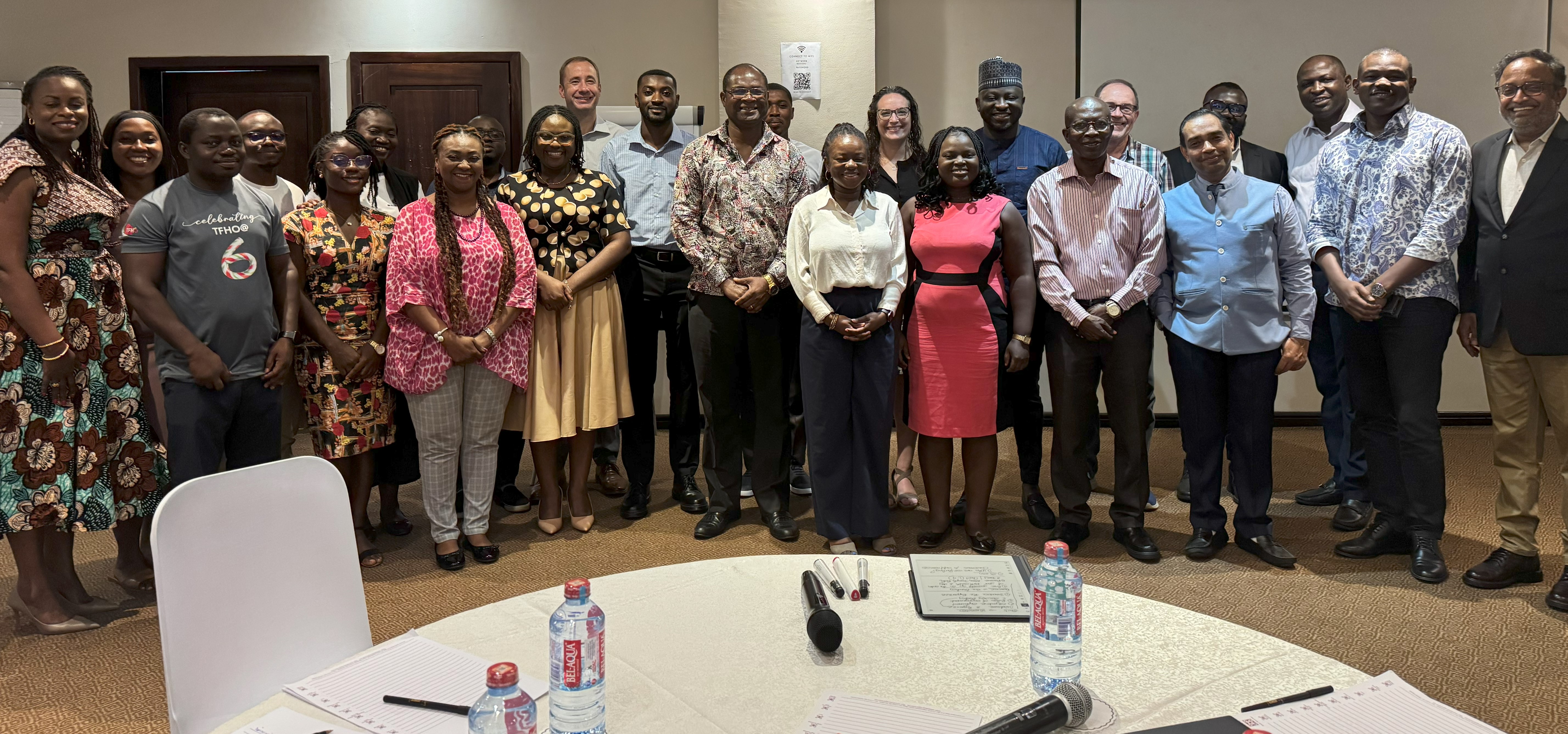
Stakeholder Engagement Meeting in Ghana: Opportunities for Commercial Sector Expansion in Ghana’s Family Planning Market
FHM Engage, in collaboration with Total Family Health Organisation (TFHO) and Metrics for Management (M4M), held a stakeholder engagement meeting in Accra, Ghana in October 2024. The event, “Opportunities for Commercial Sector Expansion in Ghana’s Family Planning Market” brought together a range of stakeholders from the Ghana Health Service, Ministry of Health, social marketing organizations, contraceptive manufacturers, health associations, and donors, including the United States Agency for International Development (USAID), over the course of a day and a half to discuss opportunities and challenges for commercial expansion in Ghana.
Participants engaged in spirited dialogue to discuss the implications of findings from FHM Engage activities designed 1) to describe and diagnose constraints in the family planning market in Ghana, 2) develop estimates of the contraceptive market size, including private sector volume and value, and 3) to understand consumers’ willingness to pay for oral contraceptives and injectables to inform pricing strategies that could better support commercial expansion strategies.
Stakeholders had the opportunity to challenge their assumptions about what women are willing to pay for contraceptives, discuss why current pricing might be different between pharmacies and over-the-counter medicine sellers (OTCMS), and reflect on opportunities and challenges identified through FHM Engage's market description, such as the impact taxation has on pricing strategies for contraception. FHM Engage and M4M also debuted the Contraceptive Market Size Visualizer, which enables users to visualize national and subnational contraceptive use data and provides value and volume estimates of modern contraceptives sources from the private sector.
Participants, both from the public and private sectors, reflected on their role within the broader health market and had the opportunity to talk with other stakeholders that play different roles along the supply chain to identify opportunities to work together or learn from each other.
The sustainability of the family planning market in Ghana can be supported by improved integrated market access that works through new market segments with existing or new products and services. Understanding factors that may impact market segment uptake of contraceptives, supported by commercial expansion strategies, can help drive family planning uptake to meet the needs of women and men.
Recent Highlights
-
Written by : Amanda Kalamar
-
Published on : 29-Oct-24
- Highlight Type : Event
- Country :
- Project :
- Language : English

Supporting Private Sector Businesses in Family Planning Markets: Resources for USAID Teams and Missions
The private sector is an important source of family planning in many countries. However, many businesses face challenges that inhibit growth and their ability to provide quality healthcare. Access to capital and technical support can support small and midsize enterprises to grow and fulfill their business objectives to ultimately deliver improved outcomes for family planning users.
The following resources aim to support USAID missions in considering their options and opportunities for strengthening businesses through financial and technical assistance as part of their market development approaches for family planning.
Advancing Family Planning Outcomes Through Supporting Local Private Sector Businesses: Approach & Resources: A guide for USAID missions to explore and identify opportunities to support private contraceptive businesses to deliver family planning outcomes through a combination of financial and technical assistance.
Advancing Family Planning Outcomes Through Supporting Local Private Sector Businesses: Ghana Worked Example: An application of the approach outlined in document 1 to the market context in Ghana.
Advancing Family Planning Outcomes Through Supporting Local Private Sector Businesses: Report of Methodology, Findings & Applications: A long form report documenting the approach and research to develop documents 1 & 2.
Recent Highlights
-
Written by :
-
Published on : 23-Jul-24
- Highlight Type : News
- Country : ,
- Project : Market Access and Innovative Finance
- Language : English

Resource Library
Advancing Family Planning Outcomes Through Supporting Local Private Sector Businesses: Ghana Worked Example
Resource Type : Report
Country : Ghana, Global
Year : 2024-05-30T09:02:35
Language : English
Project : Market Access and Innovative Finance
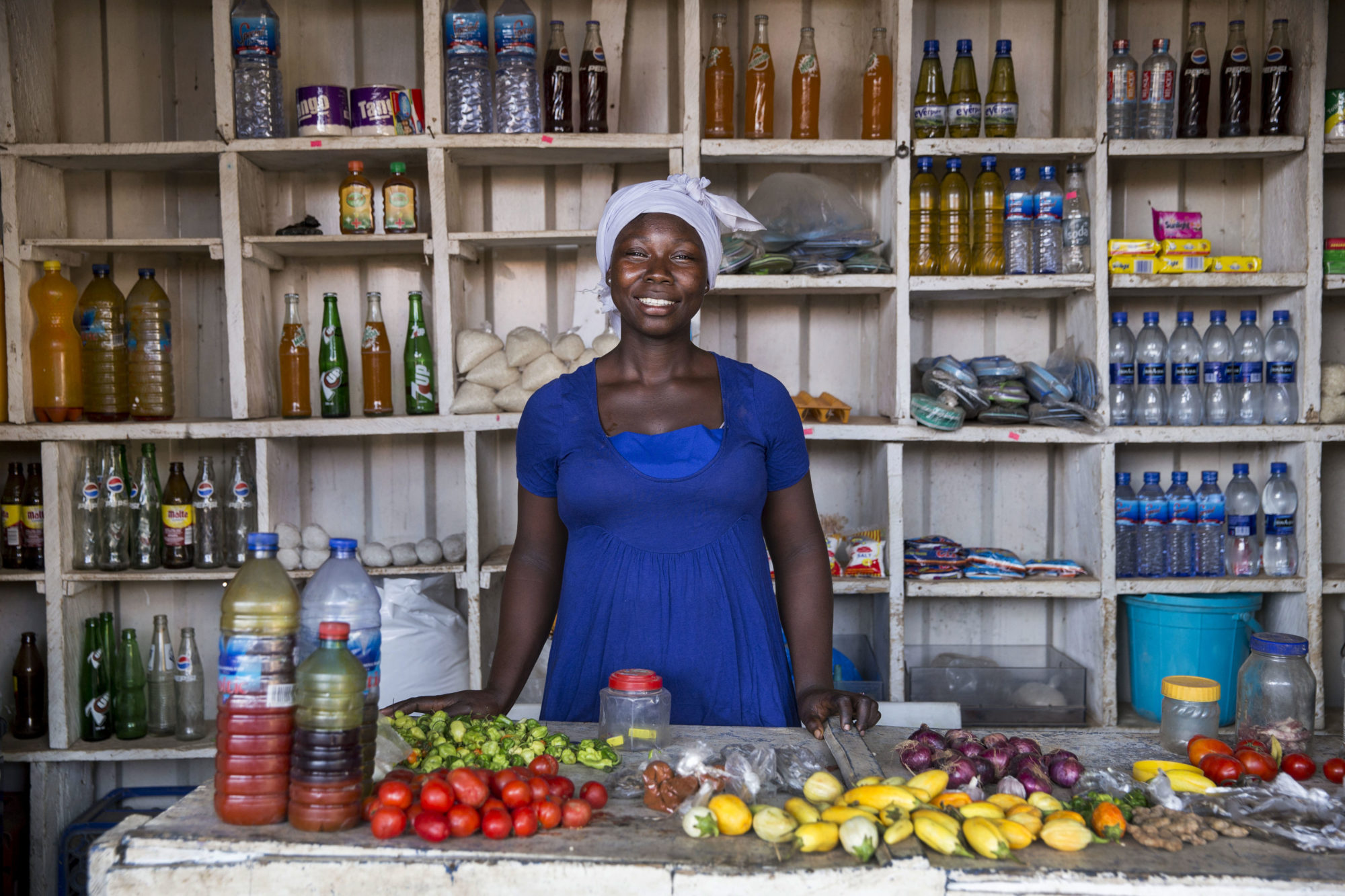
Healthy Markets CoP Session - Ghana - December 14, 2023
The Healthy Markets Community of Practice (HMCoP) is a group dedicated to generating awareness of market development and private sector engagement work happening in different countries and for participants to leave with a greater understanding and appreciation of the country’s health market. The speakers for December represented FHM Engage, Society for Family Health International, MSI Reproductive Choices Ghana, Salient Advisory, mPharma, Jhpiego, DKT, and Total Family Health Organisation.
The December meeting of the Healthy Markets Community of Practice (HMCoP) focused on Ghana. We would like to thank our FHM Engage Private Sector Development Advisor Judy Mboya for all her hard work in helping to organize this meeting. As co-host of the HMCoP, USAID Senior Private Sector Advisor Andrea Bare started the meeting by introducing the agenda and the speakers. In the next part of the meeting speakers gave brief presentations on their work.
Judy Mboya, Private Sector Advisor for FHM Engage, provided context for the family planning (FP) market in Ghana through an overview of FHM Engage’s recent market description findings. Ghana has a vibrant private sector, despite recent economic slowdown due in part to the COVID-19 pandemic and rising rates of inflation. However, even with donated FP products in the market, and national health insurance which covers FP, end-users pay in both public and private sectors to access family planning products and services. FP products and services are available across a range of service delivery points in Ghana. Still, both the combination of too few trained human resources for health (HRH) and an inequitable distribution of HRH are barriers to expanding access to long-acting reversible contraception (LARCs) in particular. In Ghana, the market is currently failing around 2.33M women of reproductive age who are at risk for pregnancy and are not currently using a modern contraceptive method and have a need for FP. Injectables, implants, and oral contraceptive (OC) pills account for over 70 percent of the modern method mix among married women. It was found that the private sector is the main source of oral contraceptives, condoms, and emergency contraceptives, and also has a role in the delivery of injectables, implants, and intrauterine devices (IUD). 87 percent of all OCs and 13 percent of all contraceptive injectables in Ghana are delivered through the private sector, with the Total Family Health Organization (TFHO) being the principal source of supply for both methods in the private market. This was only a small snapshot of Ghana’s FP market description, but demonstrated that more can be done to leverage the private sector in terms of delivering FP. FHM Engage plans to share a full-length market description in the new year.
Theresa Maame Ekua Galley, Country Manager for Society for Family Health International (SFH), gave an overview of improving access to FP service delivery through community pharmacists (CPs) and over the counter medicine sellers (OTCMS) in Ghana. This project was a pilot that operated from July 2023 to November 2023 in eight regions, primarily in the southern region, and was funded by UNFPA and the West African Health Organization (WAHO). The pilot focused on training CPs and OTCMS to strengthen their quality-of-service delivery by building their capacity to provide a wider spectrum of FP services. The project particularly focused on FP method mix, FP counseling, youth friendly services, and data capture and management. Another objective of the pilot was to improve supply of commodities and create linkages and referral to high-level facilities for continuum of care. From this initial pilot, 427 CPs and OTCMS were trained and, as a result, SFH expects to be able to tell how many condoms distributed, oral pills given, injectables administered, referrals for implants, and women accessing FP services from these providers. Also based on the pilot, SFH recommends further scaling up of the project to capture more CPs and OTCMS in the northern region of the country and to include subcutaneous depot medroxyprogesterone acetate (DMPA-SC) and self-injection methods. To create a sustainable program, SFH would like to engage regulators like the Pharmacy Council of Ghana (PCG) and the Pharmaceutical Society of Ghana (PSGH) so that they may implement and oversee future training.
Eric Mireku, Lead Program Manager for MSI Reproductive Choices Ghana, presented on MSI’s strategic approach for engaging private providers to better deliver SRH services. Engaging the private sector in Ghana is crucial as 35 percent of modern contraceptives are accessed through the private sector, with younger users more likely to access FP from the private sector. MSI clusters private providers into a franchise model called the BlueStar Network. This network supports mid-level private clinics in urban, peri-urban, and rural settings to improve and expand access to FP/sexual reproductive health (SRH) in 11 regions. Providers receive training, subsidized commodities, equipment, and demand generation and community sensitization. The network uses a market systems development approach to identify key market constraints and opportunities for change to scale and sustain value to private providers, stakeholders, and partners. MSI’s private sector engagement strategy focuses on government, providers, and clients in order to achieve success. MSI’s work has identified a number of market constraints in the private sector and include FP commodity security, integration of private facilities data, limited enforcement and regulation of quality standards, addressing myths and misconceptions, and misinformation, and inability to attract qualified medical professionals.
Kwesi Yawson, Regional Director for DKT International, gave an overview of DKT’s innovative approaches in the private sector to enhance contraceptive uptake. DKT is an NGO that operates like a business by leveraging private sector distribution and marketing techniques to expand access to SRH services and commodities through the private sector. DKT also develops brands of contraceptives and other health products to advertise and sell as consumer goods. DKT has partnerships with pharmacies and drug stores and sometimes has activities with hospitals. The company also operates Lydia Partner Outlets which is made up of pharmacies and clinics and works to build their capacity so they can offer DKT products and services. Through their private sector collaborations, DKT has seen a growth in the number of outlets covered from 2,487 to 4,236 and continues to introduce new and diverse products to ensure market relevance and consumer interest. The organization also partners with the Ghana Health Services and the College of Pharmacies to increase access to injectables through pharmacies and DKT plans to publish the details of this study shortly. In collaboration with the Ministry of Health in 2023, DKT conducted 133 trainings for private sector providers and would like to have future collaborative opportunities to advance training initiatives, enhance collective advocacy for supportive policies, and harness technology for last-mile reach.
Zillah Waminaje, Consultant for Salient Advisory, spoke on a case study that Salient Advisory conducted to explore how African health supply chain innovators are facilitating access to contraceptive care products and services. Salient Advisory is a health consulting firm that advises global health stakeholders on innovations in Africa related to healthtech ecosystems. Salient Advisory is focused on highlighting new models that are being created to deliver health services across the continent and also works to connect global changemakers and innovators to opportunities that can advance public health outcomes and also promote equity. Salient Advisory produces market intelligence work that informs key stakeholders and their decision-making processes. In a recent market intelligence case study, they identified 348 innovators that are digitizing health supply chains. Their work analyzed these innovators to study how they are enabling access to at least one contraceptive product or are offering referrals to contraceptive care clinics. This data helps to paint a broader picture of the type of companies currently operating in Africa and found 11 in Ghana. Overall, their research found that there is limited access to DMPA-SC, due to low supply from distributors and they frequently experience stockouts. Salient Advisory also found that the product mix for the direct-to-consumer innovators is limited. Thus, there are opportunities to expand product mix, to better understand what barriers exist to providing access to more products and services, and to explore how these channels can be more effectively leveraged. For more details on this data please access the full report.
Dr. Hafeez Oluwa, Global Operations Manager for mPharma, focused on their Mutti Doctor intervention, an innovative credit financing solution that helps to solve the problems of affordability, accessibility, availability, and authenticity of drugs and healthcare services. Mutti has been designed with a focus on reducing the upfront financial burden felt by ‘out of pocket’ or uninsured patients. Their work explores how to turn community pharmacies into primary care providers by building virtual doctor offices in Mutti pharmacies. By facilitating access to affordable medication, their model solves two key problems: 1) access to a medical doctor and 2) issues associated with self-medication. Mutti pharmacies also offer community health services, where nurses provide preventive healthcare to community members within a range of a pharmacy. In Nigeria, locations are able to provide injectables and other services and mPharma would like to scale-up to provide these FP services in Ghana. Ultimately, mPharma is leveraging community pharmacies and equipping them with what they need to be able to provide primary care including family planning.
Eugenia Mensah, Technical Officer for Jhpiego, spoke on Momentum Private Health Care Delivery (MPHD) and Private Healthcare focusing on LARC services. This project partnered with Population Services International (PSI) and the Total Family Health Organization and is fully sponsored and funded by USAID to build systemic surge capacity for LARC services in the private sector and to expand access to LARC services by increasing the number of private-sector health facilities providing LARC services. At the beginning of the project, it was found that access to LARC in Ghana is largely through public sector health facilities with only a limited number of private clinical providers providing these services. The project has the following objectives: 1) to expand access to quality healthcare and voluntary LARC services through private sector initiatives, 2) to strengthen the capacity of healthcare workers (HCWs) in the private sector to improve quality of care, and 3) to ensure a sustainable supply of IUDs and implants to MPHD Ghana-supported private sector facilities. Jhpiego’s role in this project was to lead the training of private providers and provide post-training coaching and mentorship to ensure that the desired competence for the provision of LARC services was attained by the providers, including supportive supervision and quality of care evaluation, and provision of IT equipment for data capture and decision-making. Key accomplishments of the project include capacity strengthening for healthcare workers, supplies of instruments for service provision on LARC, demand creation, and data quality and management.
Salamatu Abdulai, Senior Technical Officer for Family Planning for the Total Family Health Organisation (TFHO), continued the discussion on MPHD and focused on LARC services in Ghana, on the blended learning approach for providers, and how it has been received by the providers. The private sector is profit- oriented, so an innovative strategy needs to be developed to train providers within the private sector. Together with Jhpiego, the project adopted a blended learning approach so providers can access training through online self-paced learning. One segment of the training pulls content from the Ghana Health Service and is available through video tutorials. Another segment provides participants with in-person training sessions using pelvic models. The third phase of the blended approach involved coaching and mentorship for six weeks where mentees were paired with mentees in the same regional area. The regional element allows mentors and mentees to form working relationships that may extend beyond the timeframe of the training. At this stage, MPHD has been able to build the capacity of 100 private health facilities across 10 regions and has trained 157 private health providers ranging from physicians, midwives, and community health nurses. This blended approach is more flexible and more responsive to the needs of private health facilities and providers, as it does not require the same cost and commitment of a residential training, and thus is deemed as a more sustainable, long-term approach.
To end, we extend a great thanks to all who participated in this session focused on Ghana, particularly to those that took the time to speak and prepare slides. We are excited that there was such a lively discussion amongst presenters and participants, and we are pleased with the continued thoughtful dialogue and connections being made throughout these sessions. We hope that those who have joined our sessions over the past year have come away with a greater understanding of FP and reproductive health market development and private sector approaches.
Resources
We have a web page! On the new USAID Health Market Links website, managed by FHM Engage, you can find our past session recordings, slide decks, or revisit past newsletters. See the HMCoP page here:
Healthy Markets CoP | FHM Engage (healthmarketlinks.org)
Also, we are interested in hearing from those of you that have been engaged in the HMCoP. Please use this survey as an opportunity to let us know your thoughts and if there are any changes you would like to see or feedback you would like to share.
Future Meetings
The next HMCoP convening will focus on Kenya and is tentatively scheduled for January 31, 2024; a calendar invite is forthcoming. We also plan to send out an email in January with a schedule of proposed countries we plan to cover in the coming new year. Please reach out if you have a country you would like to propose. If you would like to take part in or contribute to any future sessions, or you would like to make us aware of an organization or project, please email Elizabeth Peña at (epena@FHM-Engage.org) or Judy Mboya (jmboya@fhm-engage.org).
Questions
Please email Judy Mboya (jmboya@fhm-engage.org or Elizabeth Peña (epena@FHM-Engage.org).
Recent Highlights
-
Written by :
-
Published on : 15-Dec-23
- Highlight Type : Event
- Country :
- Project : FHM Engage
- Language : English

Resource Library
Accelerating Private Sector Engagement in National Health Information Systems
A national health management information system (HMIS) is the foundation for effective oversight, management, and provision of health information, products, and services in a country. The private sector is often a significant source of health products and services, yet few countries have fully galvanized routine reporting by private health care providers. This results in incomplete data on the types, volumes, and quality of services and products delivered through private sector channels and limits the ability of public health officials to effectively engage and steward both the public and private health sectors. To address this gap, this report establishes a framework for examining and supporting private sector participation in a national HMIS. The framework identifies common barriers to private provider engagement in a national HMIS, shares global case studies, and offers actionable recommendations to governments, private providers, donors, and implementing partners.
Resource Type : Report
Country : Ghana, Kenya, Madagascar, Senegal, Tanzania
Year : 2021-03-25T16:00:00
Language : English
Project : SHOPS Plus

Resource Library
Understanding Modern Contraceptive Sources Among Adolescents: A Global Analysis
The unique contraceptive needs of adolescents are increasingly recognized among the global family planning community. Recent reports on adolescent contraception emphasize the need for high-quality data to inform efforts to increase adolescent contraceptive use, access, and choice. SHOPS Plus conducted a secondary analysis of Demographic and Health Survey data in 37 countries to examine where adolescents obtain their contraceptives, and how sources vary by method and socioeconomic status. The results elucidate the important role that the private sector plays in helping adolescents meet their reproductive intentions: on average, 40 percent of adolescent users rely on private sector sources, with substantial variation by country. Private sector reliance is higher among urban and wealthy adolescents, but the private sector also serves 1 in 3 poor and/or rural adolescent users. Policymakers and program implementers must include the private sector in efforts to successfully meet contraceptive demand and increase access among youth.
This poster was presented by Sarah Bradley at the Population Association of America Annual Meeting on April 11, 2019 in Austin, TX.
Resource Type : Presentation
Country : Bangladesh, Benin, Ethiopia, Ghana, Haiti, India, Kenya, Malawi, Mali, Nepal, Nigeria, Pakistan, Philippines, Rwanda, Sénégal, Senegal, Tanzania, Uganda, Zambia, Zimbabwe
Year : 2019-07-25T14:54:22
Language : English
Project : SHOPS Plus

Resource Library
Sources of Family Planning: Ghana
Understanding where women obtain their family planning methods can help programs to better target their resources and increase overall access to modern contraception. This brief is one of a series of country briefs that examines where women obtain modern contraception by method, geography, age, and socioeconomic status. Through a secondary analysis of the 2014 Ghana Demographic and Health Survey, the brief explains where modern contraceptive users obtain their method and examines the contribution of the private sector to family planning in Ghana.
Resource Type : Brief
Country : Ghana
Year : 2019-05-31T12:27:00
Language : English
Project : SHOPS Plus

Resource Library
Opening the Door to Health Insurance Programs: Experiences of Small and Medium Private Providers
Small and medium private health care providers are valuable partners in scaling up health financing programs that support universal health coverage. However, it is often challenging for them to participate because they have fewer resources and the process can be arduous and costly. The requirements and processes for these providers to participate in health financing programs, and the ease (and pitfalls) of doing so have not been well documented. This brief presents the experiences of small and medium providers who participate in health financing programs, particularly government-sponsored programs. It cites examples from the Dominican Republic, Ghana, India, Kenya, the Philippines, and Tanzania.
Resource Type : Brief
Country : Ghana, India, Kenya, Philippines, Tanzania
Year : 2018-05-22T10:00:00
Language : English
Project : SHOPS Plus

Resource Library
Sources for Sick Child Care in Ghana (Presentation)
The public sector is the primary source of care in Ghana; however, care-seeking patterns vary by socioeconomic status. Understanding if and where sick children are taken for care is critical to improve case management interventions. This slide deck presents a secondary analysis of the 2014 Ghana Demographic and Health Survey to examine where treatment or advice is sought for sick children who experience at least one of three treatable illnesses: fever, acute respiratory infection, or diarrhea. These illnesses represent some of the leading causes of death in children under five years old.
Resource Type : Presentation
Country : Ghana
Year : 2018-07-17T00:00:00
Language : English
Project : SHOPS Plus
Pagination
- Page 1
- Next page


